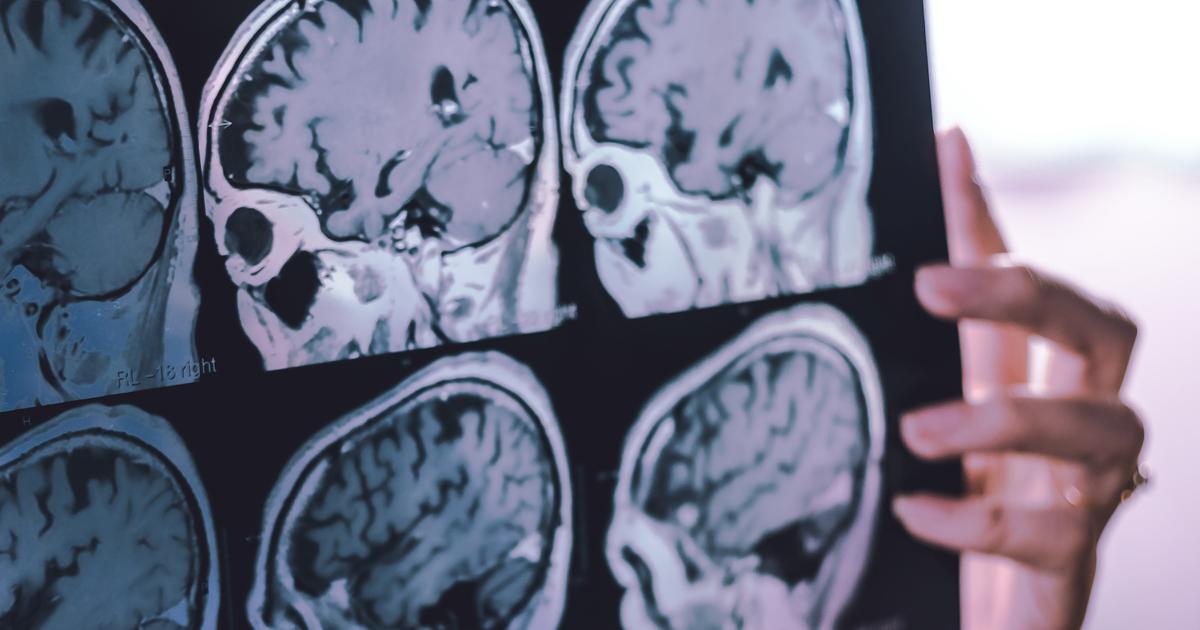Overview Of The Major Types Of Dementia
Frontotemporal Dementia

The lobes of the brain behind the forehead are the frontal lobes and temporal lobes. When they become affected by the damage that causes dementia, it is called frontotemporal dementia. The left temporal lobe is responsible for conveying the meanings of words and the names of objects. The right temporal lobe is responsible for the recognition of familiar objects and faces. When the cells in the frontal or temporal lobes die off, the connecting pathways between these lobes of the brain become altered.
As the damage accumulates, the frontal and temporal lobes begin to shrink in size, causing these lobes to lose function. This mechanism is what results in the symptoms of frontotemporal dementia, including changes in personality, changes in behavior, and difficulties with language. Frontotemporal dementia is the most prevalent form of dementia that develops in individuals between forty-five and sixty-five years old. This type of dementia in younger individuals tends to be the mildest form of the disease. It does not present with a short life expectancy like others.
Parkinson's Disease Dementia

Parkinson's disease is a progressive condition that affects an individual's nervous system and their movements. Symptoms are gradual. Some patients with Parkinson's disease first deal with a slight tremor in their hands. Other symptoms include muscle stiffness, slow movements, speech issues, and the loss of automatic movements. Many individuals with Parkinson's disease will develop Parkinson's disease dementia after a year or two of dealing with Parkinson's disease.
This form of dementia, like the others, involves a significant decline in reasoning and thinking. Patients will struggle to pay attention, make decisions and judgments, and plan steps to completing various tasks. Memory issues are also common. Many individuals with Parkinson's disease dementia will also develop Lewy bodies in their brain. As mentioned, these are deposits of a protein called alpha-synuclein. This is why many experts believe Parkinson's disease dementia and Lewy body dementia are closely connected.
